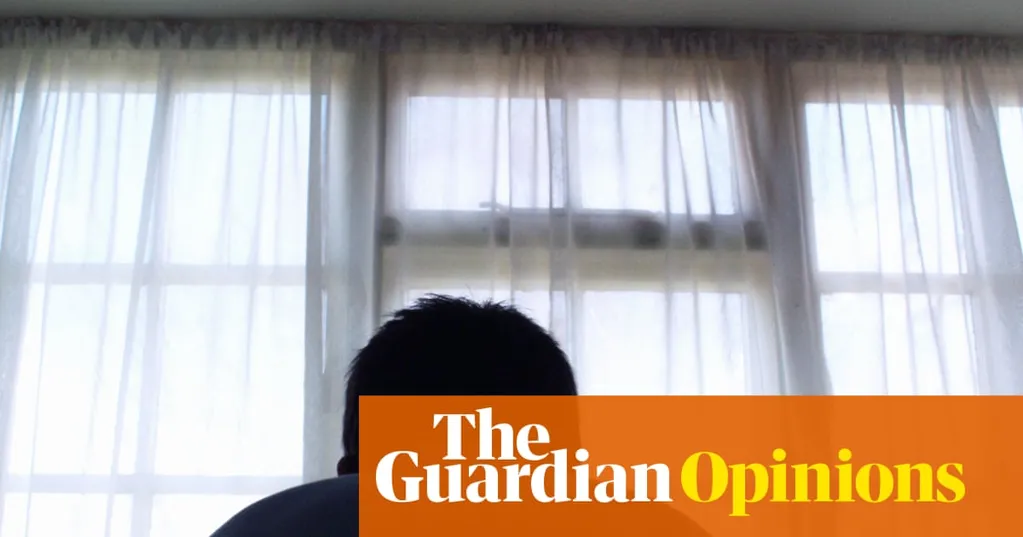The system discourages young homeless people from earning more - that's the very opposite of Labour's aim to make work pay.
Consider being a young homeless person on benefits today. Those aged 16-24 who can't live at home often end up in supported housing. This could be a shared flat or a hostel, where specialist staff are on hand to help. But such young people frequently have to cover service charges and bills - at an age when they should be building a future, not worrying about basic costs.
It's good that the state steps in to support vulnerable young people. But wrong that it can undermine that help in practice. For the last eight years, campaigners have warned that young people in supported housing are penalised more harshly for earning than their non-homeless counterparts - and it's a UK-wide problem. For every £1 these youngsters earn over their small earnings allowance, their housing benefit is reduced by 65p, compared with 55p for those in the private rental sector. Perversely, the flaw crept in during reforms meant to guarantee people on benefits were always better off in work.
Penalising young homeless people who want to work more is clearly counterintuitive. Anecdotally, those in the housing sector say it causes plenty of young people to forego meaningful work. You can see why: someone working 10 hours could lose more than £100 a month for picking up an 11th hour of work. That can narrow their options, as they find themselves having to be prescriptive about their hours, competing with peers who can be more flexible. In the longer run, it can reduce their prospects. In some cases, staff find themselves in the unenviable position of dissuading young people from taking a job lest they put their housing in jeopardy.
For a government that wants to "make work pay", this can't be right. The chancellor, Rachel Reeves, has a chance to fix the problem in the budget. Young people have been the worst affected by rising unemployment, and while Ms Reeves has made the right moves - promising paid work for young people on universal credit who haven't found education or employment after 18 months - those plans remain sketchy. It surely makes sense for Ms Reeves to ensure that incentives to work apply equally to all young people.
A new campaign, fronted by 150 youth and homeless organisations, warns of a financial "cliff edge" that makes rent unaffordable and increases the risk of arrears. Charities say the earnings allowance should rise from a token £5 to about £57, and the housing benefit taper should be brought down from 65% to 55% to match universal credit.
These are sensible, practical measures that would ensure that some of the country's poorest people get financial help. It would also signal that the government is invested in making the country fairer for them. The homeless charity Centrepoint says it's a win-win policy. The Treasury, it calculates, will gain £5m a year as more young people move into work. Once wider outcomes - such as improved health and reduced crime - are considered, the net gain is £13m annually.
There is a generational crisis bubbling under Britain's surface in which young people face rising unemployment, insecure housing and falling real wages. Their futures, it feels, are being shaped less by opportunity and more by precarity. If ministers truly want to "make work pay" for everyone, they'll have to explain why 30,000 young homeless people are the one group excluded from that promise. It's time to act.
